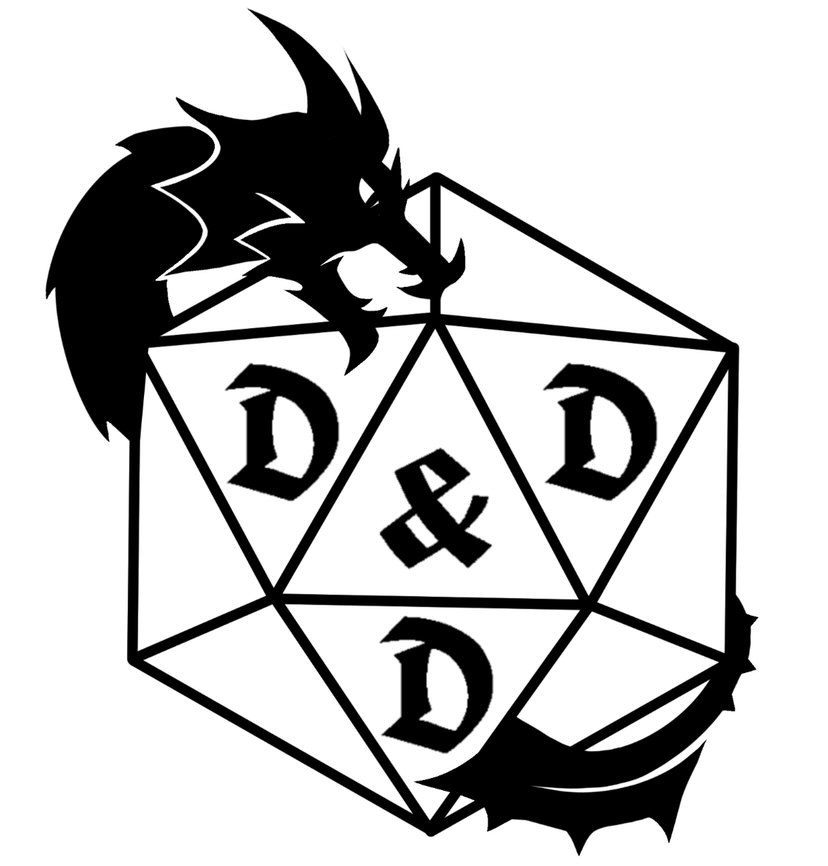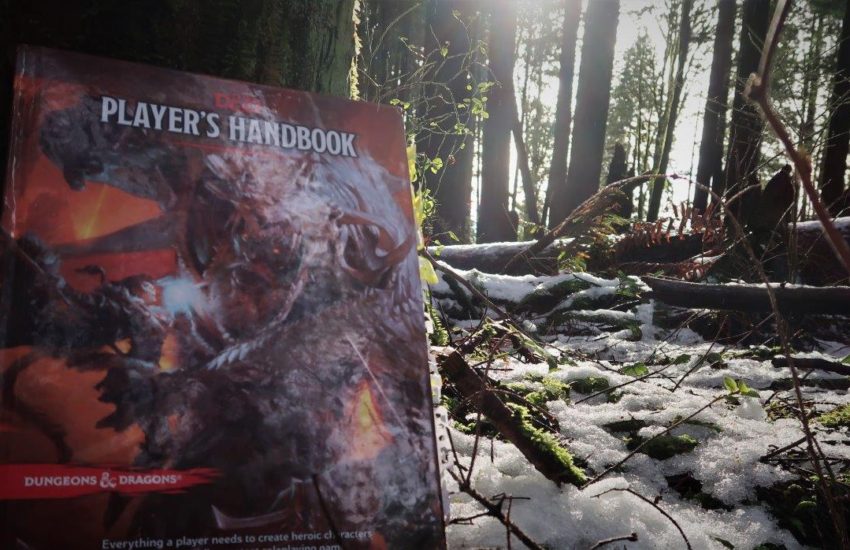This one can honestly be a campaign killer.
While it might seem to make sense for DMs to create their own player character, or a DMPC (Dungeon Master Player Character), given that it allows them the chance to offer in-game hints, help keep the party from getting TPK’d, and allows the DM to be a part of the party shenanigans, Dungeons Masters should know that it is a very thin tightrope to walk.
- See also:
The DMPC actually presents the threat of making the game less enjoyable for the players involved, which is (ideally) the opposite of what DMs are striving for.
This can happen for a number of reasons that may not be exactly obvious to those running the game.
If they’re stronger than the party
While many D&D players value the overall TTRPG experience as a whole, some put more investment into combat than anything else. These are the min/maxers, the idealistic multiclassers, who want nothing more than to be the heaviest hitting son of a bitch at the party (and that is an entirely valid way to enjoy the game, so long as it is not ruining fun for others).
The last thing these players want is for the DM to introduce a guide, or a tag-along, or just a regular party member who is on the adventure that the DM controls who is at a higher level than the party.
For short arcs, this is fine (especially if they get killed off early, creating tension for the rest of the party), but if they’re along for the bulk of the campaign just so that the DM gets to feel like they’re playing as well, most players will probably feel like they’re being one-upped in a very unfair way.
Speaking of combat…
If they take up too much time during combat
Look, we all know that D&D can grind to a literal snails-pace during combat. When a six second round takes about 15 to 30 mins to get through, throwing a DMPC into the mix can be the straw on the camel’s back that finds your players more interested in their phones than what’s going on in-game.
That’s not to say that a DMPC is a bad addition to combat, but if they’re a spellcaster and you, the DM, have just run through two monsters’ turns before reaching your own DMPC’s, your players will be rolling their eyes if you stop to take a look through your available spells.
DMs do not have the luxury that players do of off-time during combat, so preparing for your DMPC’s turn is basically an impossibility.
My advice is to have a number of spells ready to go that you know off the top of your head for them to cast quickly on their turn — and the more support spells, the better, because you don’t want to be stealing the spotlight.
If they’re stealing the spotlight
I don’t just mean in combat, either, though that’s a worry in and of itself.
Players aren’t going to be too enthused if the DMPC manages to land the killing blow (even if that’s what the dice decided), because they know that the person playing the DMPC also happens to know the stats, vulnerabilities, resistances, and remaining hit points of the monster in question because they’re both being controlled by the same person.
It also takes away the feeling of agency from the players, because it is basically the DM deciding that the fight is over.
If your DMPC just so happens to land the killing blow, fudge their roll and let the next hit from a player slay the beast — you have a DM screen for a reason, after all.
I understand that it can be exciting to make your own character, especially for forever DMs who never really get the chance to be a player, but those NPC that become full-blown members of the party should be there to increase the fun for all involved, and aid rather than hinder PC’s growth.
Don’t make a whole campaign arc about how the party is helping this DMPC accomplish their goal, and don’t let the DMPC ever make decisions for the party.
Essentially, don’t let your DMPC become the main character, because it will make everyone at the table feel like they’re just along for the ride through a story that the DM is telling for themselves.
Okay then, hotshot, what does make a good DMPC?
If you are going to make a full on DMPC, and not just an NPC who acts as a guide/companion, your best bet is to make them at least one level lower than the party.
If they’re a spellcaster, stock up on quick, efficient support spells that can either heal or buff the party in some way. Area of Effect spells such as Entangle, Fairie Fire, and Spike Growth work wonders to allow the rest of the party to roll with advantage, and healing spells are a great way to get players back into the fight.
As for outside of combat, have the DMPC side with the majority in party votes. Have them be timid, shy, afraid, cowardly even, and watch your party members grow closer by helping the DMPC overcome those traits… or bond as a party by making fun of the DMPC together.
At the end of the day, the DMPC should be just another tool that a DM uses to amplify the D&D experience for the players… and definitely not a way for the DM to feel like the hero of their own story.
But that’s just my two coppers.

